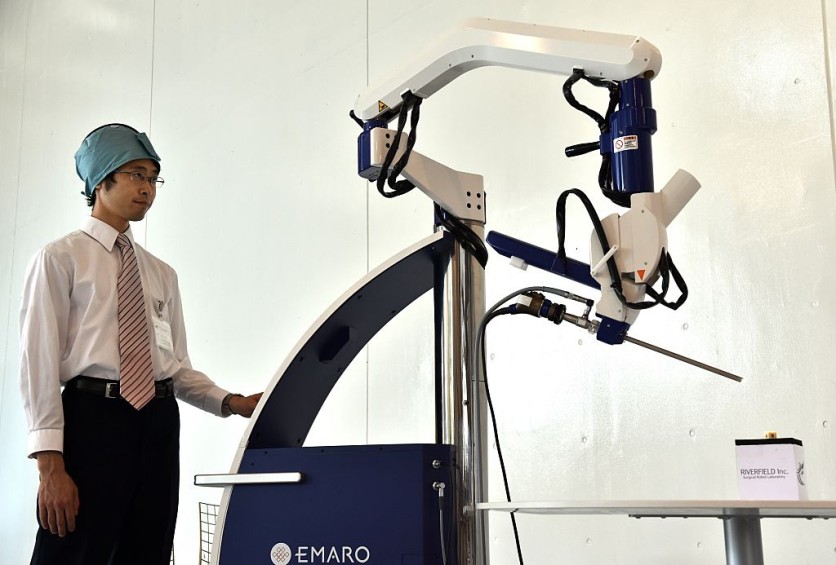A new study shows that robotic surgery is a lot safer and has a faster recovery period for patients. Robotic surgery helps surgeons to perform various complicated operations with more flexibility, precision, and control.

University College London and University of Sheffield scientists conducted a first-of-its-kind clinical trial that found robot-assisted surgery can remove and rebuild bladder cancer that helps patients recover faster.
Moreover, the trial also showed that robotic surgery can help reduce the chances of readmission in half. And it doesn't end there-the trial also showed that it has a four-fold reduction in the prevalence of blood clots.
There is also a significant improvement in the patient's stamina and quality of life, as well as their physical activity that increased. Their physical activity was measured via daily steps that were recorded on a wearable smart sensor.
Surgeons can remotely guide less invasive tools via a console and 3D view. Currently, this is offers at some hospitals in the UK.
Also Read: Lexington Medical Center's Robot Assists Surgeons? | Interesting Facts About Robotic Surgery
The Strongest Evidence So Far
With these findings, scientists state that so far, this is the strongest evidence when it comes to how patients can benefit from robot-assisted surgery. Therefore, there are now pushing the National Institute of Clinical Excellence (NICE) to make it available as a clinical option across the UK.
The robot-assisted surgery can be performed for major abdominal surgeries, such as gynecological, colorectal, and gastrointestinal.
This is a crucial finding because this will reduce bed pressures on the NHS and enable patients to return home more quickly. There are also fewer complications due to improved mobility and less time spent in bed.
With these positive findings, open surgery being the gold standard for highly complex surgeries may now be challenged for the first time.
A Future Trend in Healthcare
Robot-assisted surgical tools have been around for the past decade, but it's only recently that it's being used by surgeons in various other procedures, including urology.
It is also important to note that the trend of using robots in surgical procedures is a highly anticipated future trend in healthcare. With the increasing development of the technology and its affordability, it is expected that robot-assisted surgery will be incorporated in many hospitals.
The complete automation of surgery is a future trend in healthcare, which can help surgeons perform complex procedures more precisely, and more thoroughly.
This technology may sound futuristic but scientists are hopeful that it may soon become a common practice in hospitals. This study provides evidence for other hospitals to use this technology to perform major procedures on patients.
Robotic surgery has already been adopted in many countries, but there are still some places where it is not available as a treatment. Without a doubt, this study provides the most compelling evidence of its effectiveness.
Read also: Zeta Surgical's Image-Guided Surgery: How Does It Work? Startup Raises $5.2M for Its Ventures
This article is owned by TechTimes
Written by April Fowell
ⓒ 2026 TECHTIMES.com All rights reserved. Do not reproduce without permission.




